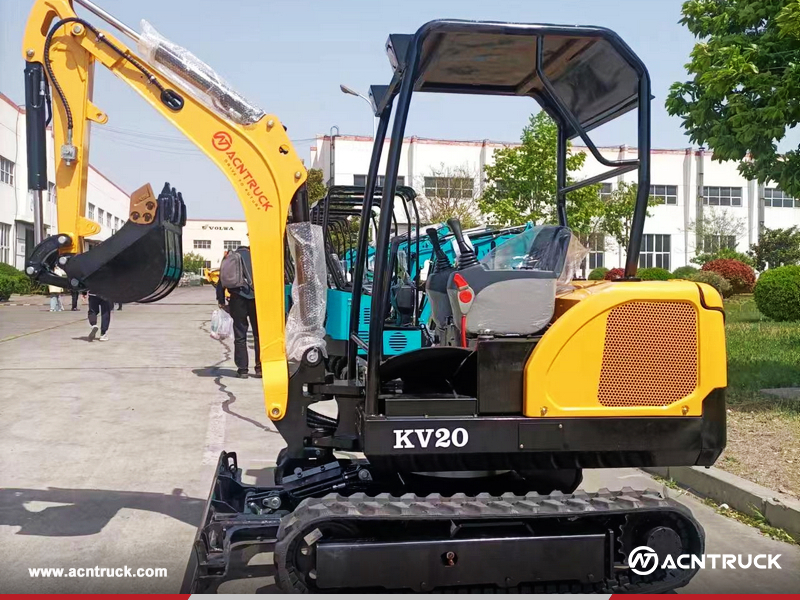The working environment of excavators is generally not very good, and the road conditions are even worse on rainy days. After the heavy rain, the road surface was full of potholes, mud accumulated in many places, and the road became extremely slippery. Even the excavator became laborious.

1. Fully check before operation to ensure safety
If you can start work, you should also pay special attention to those places where the soil layer is particularly thick.
After heavy rain, it will be particularly slippery. When working in these places, you must always pay attention to observation. If you work at night, you should keep the front and rear headlights, work lights, dome lights, instrument lights, wipers, etc.
Avoid getting too close to the edge of cliffs, ditches, etc. If the ground in these places is soft, it is very easy for the excavator to fall or tip over due to its own weight and vibration. Therefore, it is very necessary to inspect the work site before construction.
2. Rainwater is highly corrosive, so cleaning the excavator cannot be ignored.
When encountering heavy rain, if the important parts of the excavator are not cleaned in time, it is easy to cause sludge to accumulate in the gaps under the vehicle. The chassis is the part closest to the ground, which is particularly affected by road conditions.
Generally, this part is the most prone to rust and spots, and the wheel shell may even be loose and perforated. Therefore, we must pay attention to the cleaning and anti-rust treatment of the excavator chassis and do a chassis anti-rust treatment.
3. Be careful when parking the excavator
It is also particularly important to park the excavator during the rainy season. If possible, it is best to park the excavator in a garage and avoid parking it in an excessively humid environment. If you choose to store indoors, anti-rust operations are very important.
If you park for a long time, you should start the machine and drive it once a month to charge the battery.